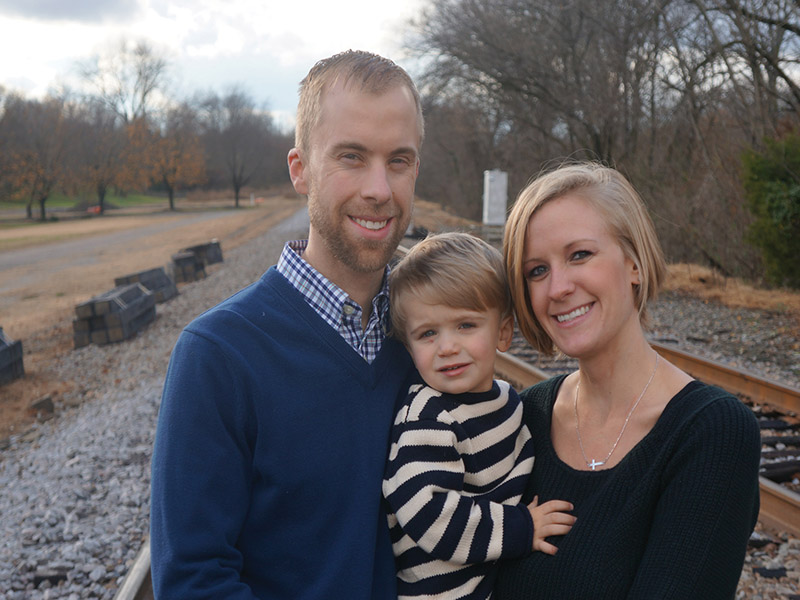February is American Heart Month. Nearly one in every 100 babies (40,000 annually, or 1 percent) is born in the United States with a congenital heart defect, according to the Centers for Disease Control and Prevention. One such child is 3-year-old Christian Beyer of Toano. His father, Tommy Beyer, shares his story.
When did you discover that your son, Christian, had heart disease? Which form did he have?
He was delivered via an emergency cesarean-section and everything seemed to be OK. I remember the first nurse explaining to a trainee that his heart sounded like a washing machine, but it was probably a PFO valve that will close on its own in a few days. We took him back to the room like a normal baby. He looked a little blue, but we didn’t really know what to expect as we had never had a baby before. He was also very sleepy. Our pediatrician came in the next day and checked him over. She explained that she wanted a cardiologist to listen to his heart, but she didn’t let on as to why. The cardiologist came in and listened to him and then they took him back for an echocardiogram. He was gone for a few hours and we realized there may be an issue. He was diagnosed with Tetralogy of Fallot, which is the most common congenital heart defect. It is a combination of four defects (hence tetralogy). One is a VSD (ventricular septal defect) which is a hole between two chambers. Another is stenosis of some of the arteries (narrow arteries leading to the heart/lungs). The third is right ventricular hypertrophy (muscle build up in the right ventricle). The last is an overriding aorta (an abnormality in the way the aorta is attached to the right ventricle).
How did that news fall on your ears? Who or where did you turn to for support?
We were informed of his heart defect by a cardiologist and the nurse that had been treating Christian. My wife broke down and I had to listen to the doctor explain the situation. The nurse comforted Brittany. We turned to our family, friends and most of all God for our support. Christian was taken to Atlanta for treatment just hours after we received the news. We leaned on the families we met at the hospital in Atlanta for support as they were going through a similar situation.
What did your cardiologist recommend as a treatment plan for Christian?
The plan was for Christian to have surgery within a week’s time at the Children’s Hospital of Atlanta.
How did Christian respond to treatment?
Christian had open-heart surgery at just 1 week old. He did fantastic and showed improvement every day. The doctors pushed him too hard on some of his feedings and he did aspirate once, so they had to give him a feeding tube, but we took him home just a week after the surgery.
What is Christian like now?
Christian is just like a normal healthy little 3-year-old. He runs around and keeps up with the kids his age. He was a little delayed in his development early on, but has more than caught up. He sees the cardiologist once a year now for check-ups. He has had two visits to the catheterization lab for procedures since the initial surgery. He had a stent placed in one artery to open it up and the second visit was to check him out internally.
Are there adjustments he will have to make or precautions he will have to take as he grows up?
He will have to have another open-heart surgery sometime before he is an adult. He only has three valves in his heart right now and he will need to have a valve put in. The doctors will monitor his progress and decide when he needs it. He will always have annual visits with a cardiologist no matter how old he is. He should stay away from playing football, but he could technically play.
What advice do you have for families facing the same diagnosis you received with Christian?
The best advice I have is to educate yourself on the condition your child has, be an advocate for your child, get them sent to the best hospital you can and rely on God to pull you through it. The success rate of surgery is increasing every day for children with congenital heart defects. Know that you are not alone and that people would love to support and help you through this tough time in your life.







